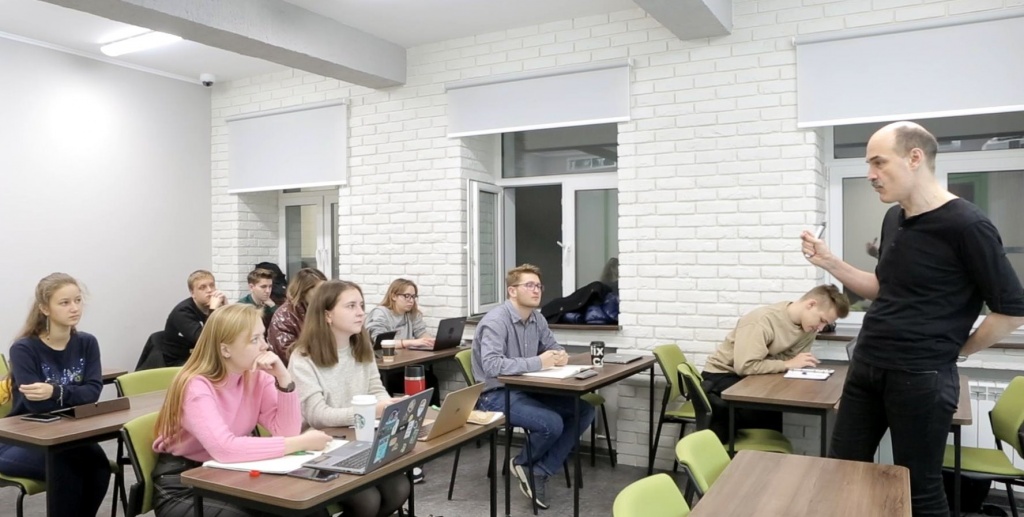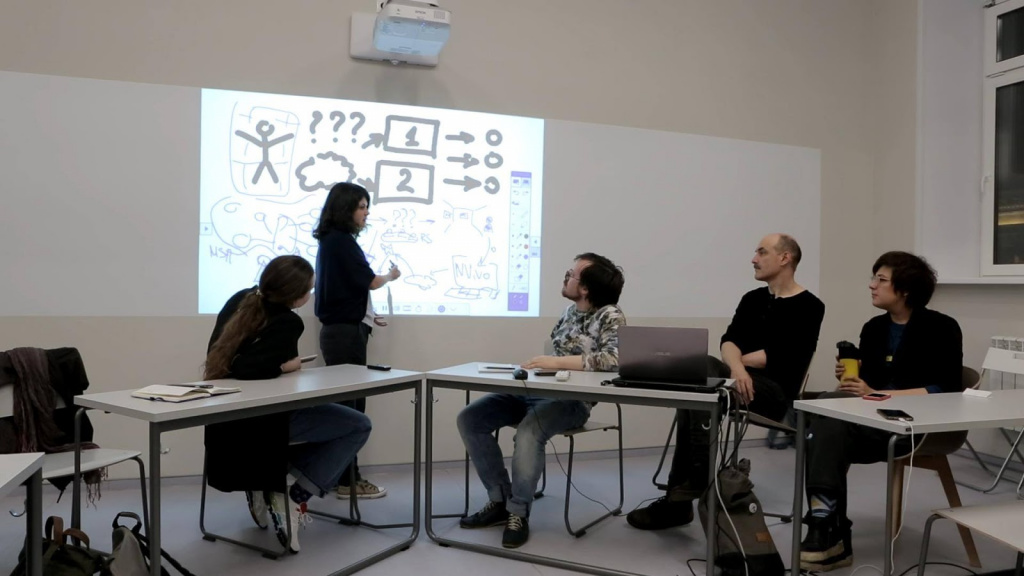Specialisation: 39.03.01 Sociology
Form of study: full-time
Term: 4 years
Cost of tuition in 2023: 330,000 rub./year
Discounts for the first year of study in 2023:
In order to receive a tuition discount, the student needs to have a certain total score for all of the entrance exams (including points for individual achievements)
30% – 250 points and more
10% – full payment for the first year of study when enrolling
Form of study: full-time
Term: 4 years
Cost of tuition in 2023: 330,000 rub./year
Discounts for the first year of study in 2023:
In order to receive a tuition discount, the student needs to have a certain total score for all of the entrance exams (including points for individual achievements)
30% – 250 points and more
10% – full payment for the first year of study when enrolling
This programme was designed primarily for applicants who plan to be engaged in social science - to conduct research, actively release their publications, and become a part of the international academic community. Applicants who plan to work in analytical, consulting and expert centers will learn how to process large amounts of information, to master present-day methods related to data analysis and learn how to write relevant texts.
Sociology becomes more tangible when they share, for example, some practical case studies. On the other hand, it becomes more text-centered: I better understand how important an academic text is and how you can work with it. We now have a separate course in academic writing, in English. For me science has become more about people who are engaged in it. Also because now, in Moscow, I am fortunate to meet and talk to people whose books I used to read earlier.

Programme Benefits
- Unique team of lecturers. The program is taught by both representatives of the academic community and in-demand practitioners.
- Research activity. From the second year, students are involved in real research projects, which gives them the opportunity to gain initial work experience in their field.
- Students and professors are colleagues. Professors share relevant specialized information with students, involve them in scientific life, which helps many students to unleash their creative potential and conduct research, translate texts, write articles and analytical reports at a high professional level.

When we have discussions during our classes, everyone participates in the discussion and the level of engagement depends on how much you have to contribute to the discussion. It does not happen this way that there is one talking head while the rest of us must agree with what is being said and cannot challenge it because of the speaker’s authority. Authority is shaped through discussion.
Content of the Programme
|
|
|
Practical training
Students undertake their practical training in research sociological centers (the RANEPA Center for Sociological Research, RANEPA International Center for Contemporary Social Theory, Public Opinion Foundation, etc.)Career Perspectives
- Research centers conducting sociological, social political and marketing research;
- Marketing agencies;
- Analytical services;
- HR training and development services;
- Mass media;
- Consulting organizations.

